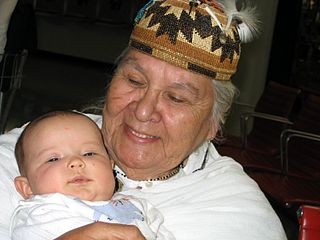A Quote by Friedrich Nietzsche
This mother needs happy, reputable children, and that one needs unhappy ones: otherwise she cannot show her kindness as a mother.
Related Quotes
A lot of people say that Eleanor Roosevelt wasn't a good mother. And there are two pieces to that story. One is, when they were very young, she was not a good mother. She was an unhappy mother. She was an unhappy wife. She had never known what it was to be a good mother. She didn't have a good mother of her own. And so there's a kind of parenting that doesn't happen.
And in the same way, FDR's not much of a father. Although the children in all their memoirs really talk about what a fun-loving guy Dad was, and how brooding and unhappy Mom was. The children sort of blame it all on the mother. Well, this is kind of standard and typical, and aggrieved Eleanor Roosevelt that she was not a happier mother. She wanted to be a happier mother. And I must say, she was a happier grandmother.
One thing I did have under my belt was, my mother lost her mother when she was 11. She mourned her mother her whole life and made my grandmother seem present even though I never met her. I couldn't imagine how my mom could go on but she did, she took care of us, she worked two jobs and had four children. She was such a good example of how to conduct oneself in a time of grief. When I lost my husband, I tried to model myself as much as I could on her.
There is no one perfect way to be a good mother... Each mother has different challenges, different skills and abilities, and certainly different children... What matters is that a mother loves her children deeply and, in keeping with the devotion she has for God and her husband, prioritizes them above all else.
If in the earlier part of the century, middle-class children suffered from overattentive mothers, from being "mother's only accomplishment," today's children may suffer from an underestimation of their needs. Our idea of what a child needs in each case reflects what parents need. The child's needs are thus a cultural football in an economic and marital game.
Sometimes we adopt certain beliefs when we're children and use them automatically when we become adults, without ever checking them out against reality. This brings to mind the story of the woman who always cut off the end of the turkey when she put it in the oven. Her daughter asked her why, and her mother responded, "I don't know. My mother always did it." Then she went and asked her mother, who said, "I don't know. My mother always did it." The she went and asked her grandmother, who said, "The oven wasn't big enough."








































